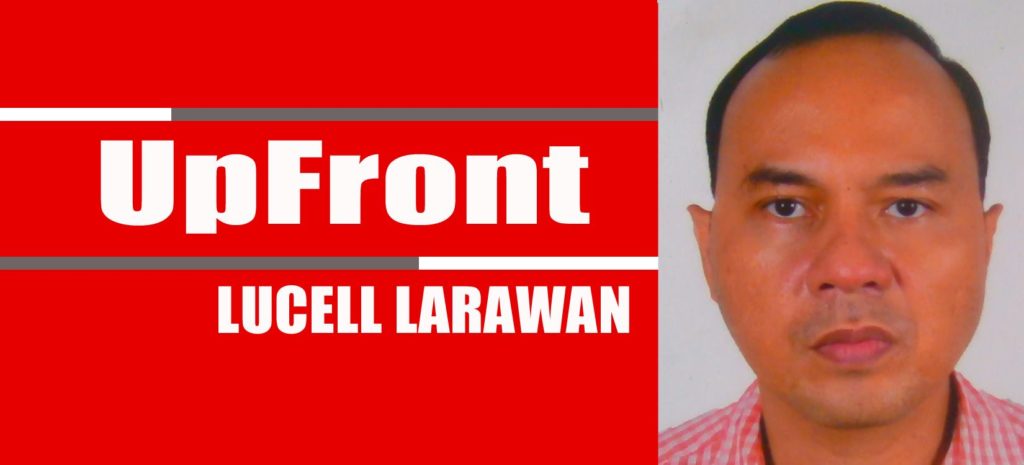
BOHOLANO fishers and their middlemen seem so free to do business on their own. As a result, do we have the most expensive fish in the Visayas and Mindanao? I haven’t checked the data, but this is my preliminary conclusion based on what a preacher from Mindanao shared. I also look into the prices in other Visayan islands.
Knowing the serious economic consequence of our fish price, I don’t anymore want to present academic research papers like what I did in the UP-NCPAG (University of the Philippines-National College of Public Administration and Governance) @60 International Conference, held at the Makati Shangrila Hotel in 2011.
Instead, I write about some specific solutions and hope this article can help.
There is an anomaly somewhere in the fishing value chain. The sad thing is, our previous leaders did not act on it for a long time.
Even if we assume we live in a market economy where the market determines the prices of goods, our country is still a regulated economy. It means the government should act immediately on price anomalies. But how come we have already waited this long?
Before playing the blame game, let us know in whose hands do we expect an immediate intervention. The Local Government Code of 1991 tasked legislators in the cities to control business activities in the wet markets. In Book 2, Chapter 3, Article 3, Section 458, the Sangguniang Panlungsod shall, among others, “approve ordinances… that regulate the preparation and sale of meat, poultry, fish, vegetables, fruits, fresh dairy products, and other foodstuffs for public consumption…”
I believe the town mayors should also legislate solutions because their constituents are also affected. There is no limit to what they can enact for the public interest.
According to Book 2, Article 1, section 455 of the Local Government Code of 1991, the mayor “shall initiate and propose legislative measures to the sangguniang panlungsod…” If the Sanggunian becomes so complacent, we expect the mayors to push for it among legislators. I suggest that governor-elect Aris Aumentado will implement policies into the soaring prices.
As I heard from the data I got from the DYRD programs and the governor-elect, these factors cause the problem:
- The fishermen prefer to sell their catch to Cebuano buyers because they buy unsegregated fish of all kinds. While Boholano middlemen only buy one species.
- Cebuano buyers pay in cash, while their Boholano counterparts do it through credit. This entices fishermen to turn their backs on the needs of their fellow Boholanos.
3) Fishermen lack public cold storage for their catch.
As the national government has parallel laws such as the Republic Act 10697 or the Strategic Trade Management Act to prevent the proliferation of weapons of mass destruction, the local government of Bohol should also enact laws to regulate the prices of fish. This is about ending the misery of our people.
Based on my latest inquiry in a wet market, the price of tamarong is P240 per kilo. How do we lower this price?
Consider my suggestions for the fish middlemen:
- Let the province accredit the middlemen who buy from our fishermen. They should only be accredited if they attend a debriefing seminar and can show proof of paying in cash for their purchases. I’m sure there are many entrepreneurs who can replace some middlemen who cannot meet the requirements. The government should ban credit transactions. Violations must have penalties.
- Buying of segregated fish (e.g., all tulingan) should be banned among the middlemen. This needs strict compliance with a penalty for transgression.
In terms of additional facility:
- We should make our cold storage operational.
For the fishermen, this is the intervention:
- The government of Bohol should limit the selling of fish to Cebu by our fishers. It can do well by requiring a franchise (without a fee) to a few fishers who specialize in the Cebuano market. Majority of our fishermen should sell only to Boholano middlemen. The province should penalize violators.
The province can monitor transactions on site where the catch transfers hands. It must establish a good feedback mechanism and encourage the reporting of violations.
If we look at the fish prices issue, this is more critical compared to selling the likes of tarsier and the Philippine eagle in the market. This is about making our food affordable to ordinary citizens. Humans are more important than tarsiers and eagles.
Soaring prices has only remained as a subject of debate. We haven’t yet seen our previous leaders taking the reins.
Let us consider this quote: “There is no way to stabilize the markets other than through government intervention.”– Henry Paulson

